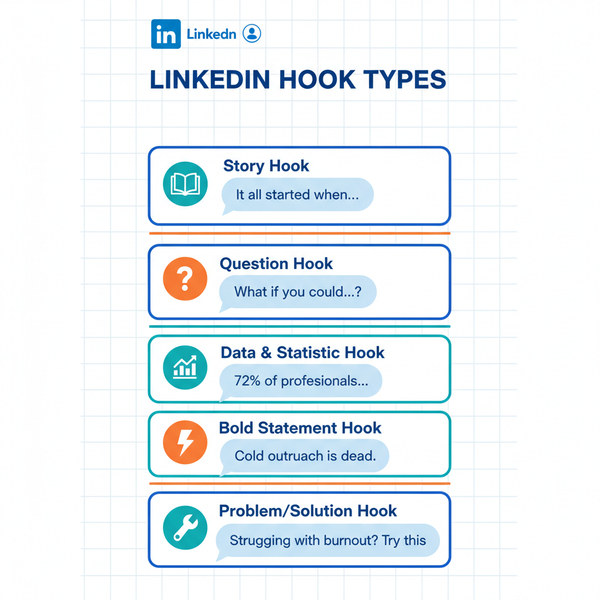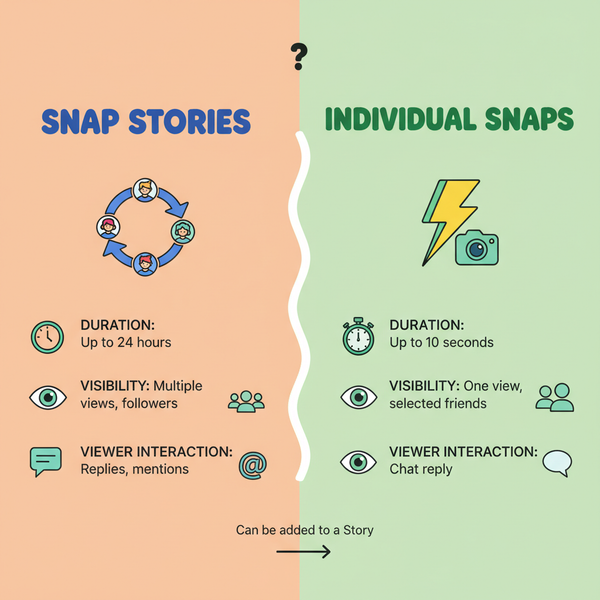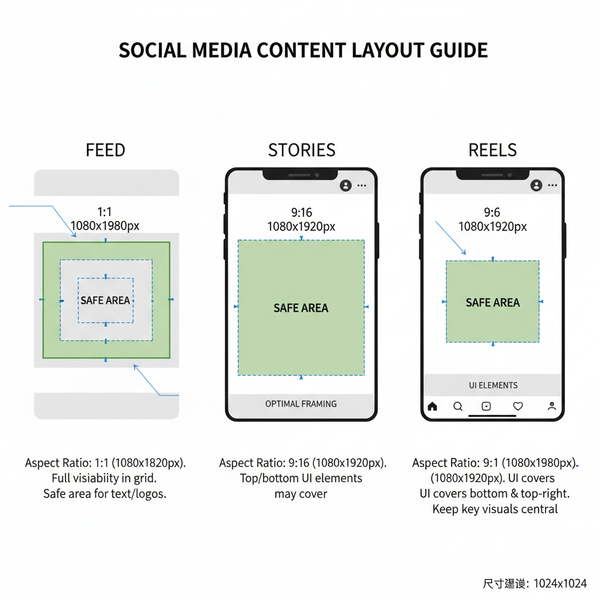Guide to Unique Social Networks and Niche Platforms
Explore distinctive social networks, their benefits, examples across creative, hobby, and local niches, and strategies for finding the right platform.
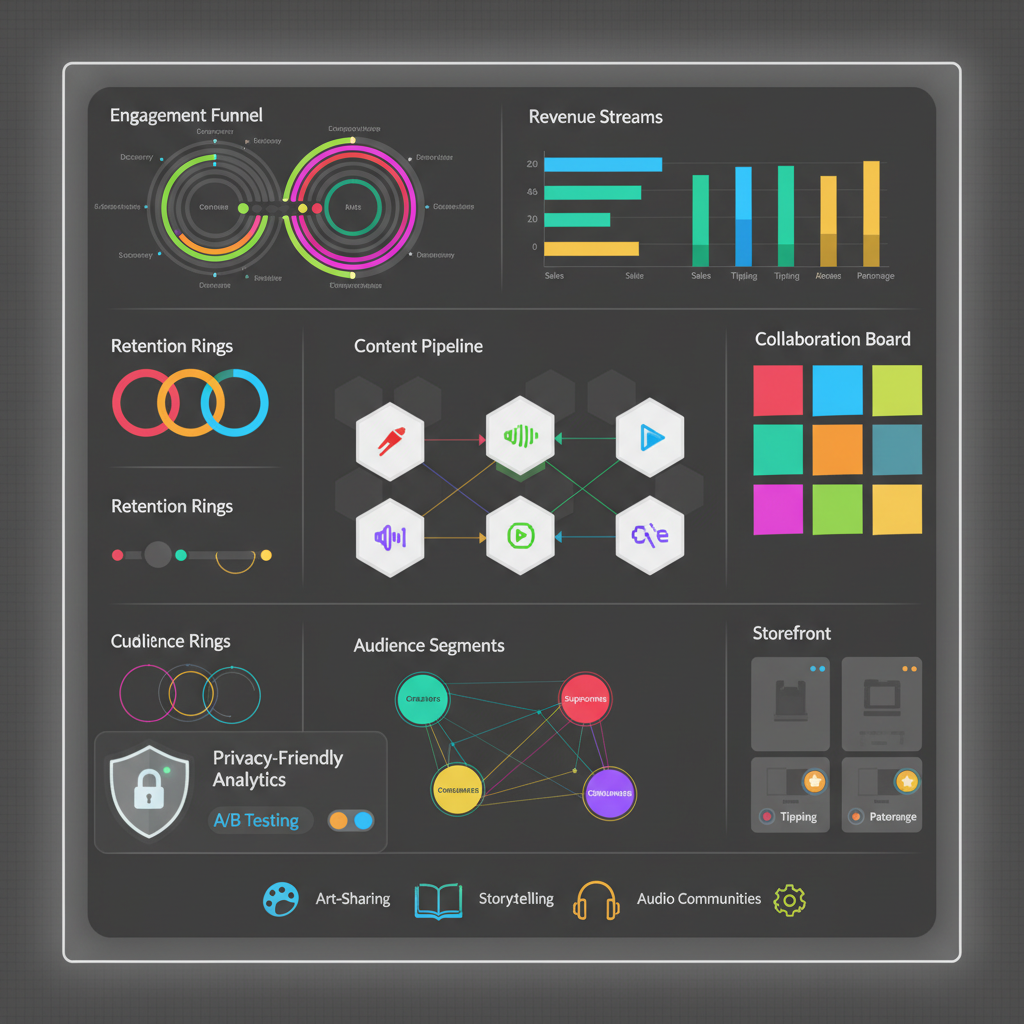
Guide to Unique Social Networks and Niche Platforms
Unique social networks offer focused experiences tailored to specific interests, communities, and communication styles. Unlike mainstream platforms, these niche spaces provide targeted features, higher-quality interactions, and tighter communities that can benefit professionals, creators, hobbyists, and brands alike.
This guide explains what makes a social network unique, the benefits of joining niche platforms, standout examples, and practical strategies for discovery and growth.

---
What Makes a Social Network "Unique"?
Unique social networks differentiate themselves by serving specialized needs rather than broad audiences.
Core characteristics of uniqueness
- Niche focus: Targeting a specific interest, profession, or fandom.
- Specialized format: Distinctive communication modes or content presentation.
- Defined audience: Communities built around shared culture, values, or geographic location.
Why uniqueness matters
Uniqueness creates clearer expectations and stronger engagement. A platform dedicated to knitwear enthusiasts or independent filmmakers differs from mainstream networks in tone, content, and community norms—attracting motivated members who value relevance over scale.
---
Benefits of Joining Unique Social Networks
Joining a niche platform offers several advantages over general social media.
Member and community benefits
- Stronger community bonds: Members connect over shared passions.
- Higher engagement: Content aligns closely with audience interests.
- Reduced noise: Less irrelevant material compared to general platforms.
- Opportunities for recognition: Easier to stand out within a specific niche.
- Authentic interactions: Common ground fosters genuine relationships.
Benefits for brands and creators
- Better targeting and conversion: Niche audiences are predisposed to specific topics.
- Lower competition: Early adopters can shape culture and gain visibility.
- Efficient content strategy: Focused features and formats simplify planning.
These benefits can be crucial for professionals, hobbyists, and brands seeking more meaningful connections.
---
Creative-Focused Platforms
Visual artists, designers, and creatives thrive on networks built specifically for showcasing their work.
- Behance: A portfolio platform for creatives to display projects, collaborate, and find freelance opportunities.
- Dribbble: Tailored to illustrators, graphic designers, and UX/UI professionals with strong peer feedback culture.
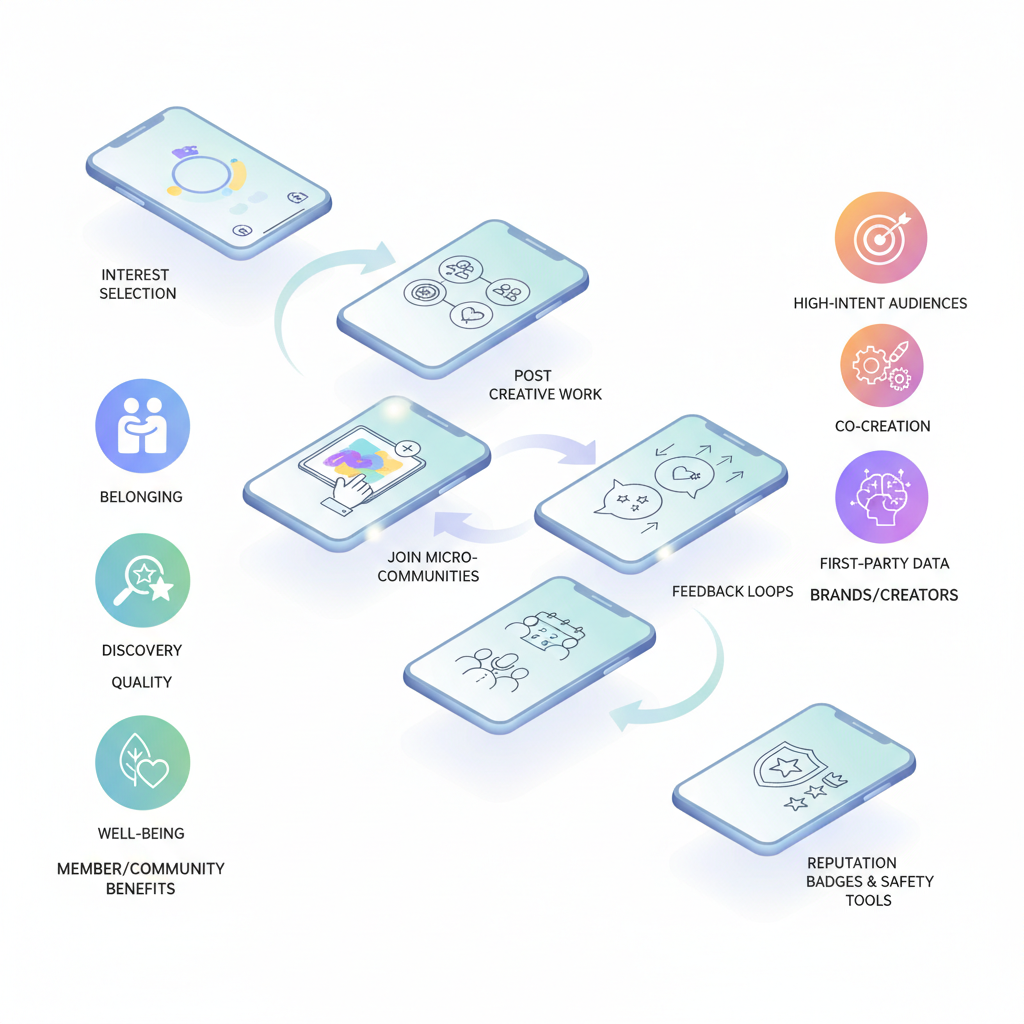
Both platforms integrate discovery features—curated lists, tags, and endorsements—that make it easier for clients and collaborators to find emerging talent.
---
Discussion-Style Networks
Text-centric and community-driven, these networks encourage conversation rather than visual showcase.
- Mastodon: A decentralized microblogging platform with independent servers (“instances”) focused on varying topics.
- Lemmy: Community-based and open-source, structured around topic-specific forums similar to Reddit.
These environments favor thoughtful dialogue and user empowerment through open-source governance, enabling communities to set their own rules and moderation standards.
---
Hobby and Interest-Based Networks
Hobby-focused platforms celebrate specific leisure activities, bringing enthusiasts together around shared tools and content.
- Ravelry: A knitting and crochet community featuring pattern sharing, project tracking, and forums.
- Letterboxd: A network for film lovers to log, review, and discuss movies.
These spaces often provide specialized tools—project tracking, collections, tags, and reviews—enhancing engagement and retention.
---
Location-Based and Local Community Networks
Some unique social networks bring people together based on locality.
- Nextdoor: Connects neighbors to share news, events, and advice.
- Local meetup groups: Foster real-world gatherings around shared interests.
By limiting membership to specific locations, these platforms emphasize trust, relevance, and offline impact.
---
Privacy-First and Decentralized Networks
Privacy-conscious users gravitate toward platforms with strong data protection and open-source foundations.
- Diaspora: A decentralized social network prioritizing user control over data.
- Signal Groups: Secure, encrypted communication for communities.
These networks often avoid ad-based monetization, focusing instead on ethical technology principles and transparent governance.
---
How to Choose the Right Unique Social Network
Selecting the best fit requires clarity about goals, audience, and resources.
Key evaluation criteria
- Audience match: Does the platform attract the people you want to reach?
- Format alignment: Do its content types (text, images, portfolios, events) match your strengths?
- Community health: Are engagement, moderation, and culture supportive?
- Feature set: Does it offer tools that matter (search, tagging, analytics, groups)?
- Sustainability: Is the platform stable, funded, or community-supported?
Start with one platform that best matches your priorities, then expand as you validate traction.
---
Case Studies: Brands and Creators Thriving on Niche Platforms
| Platform | Example Brand/Creator | Strategies Used | Results |
|---|---|---|---|
| Behance | Independent illustrator | Consistent portfolio updates, community feedback engagement | Secured freelance contracts |
| Letterboxd | Film critic blogger | Publishing thoughtful reviews, building follower lists | Attracted sponsorship from streaming service |
| Nextdoor | Local bakery | Sharing promotions and community event information | Increased store visits by 25% |
These case studies highlight how tailored content and community engagement can drive tangible outcomes.
---
Tips for Discovering Hidden Social Networks Before They Trend
Finding niche platforms before they explode in popularity can be advantageous.
- Follow industry news: Subscribe to newsletters that track emerging tech.
- Explore Reddit and forums: Communities often discuss niche networks early.
- Use app discovery tools: Platforms like Product Hunt list new social apps.
- Network in professional circles: Ask peers about communities they love.
- Monitor hashtags: Social media hashtags can lead to lesser-known spaces.
Early adoption often means less competition and more influence in shaping community culture.
---
Strategies for Building an Audience on Unique Networks
To grow on niche platforms:
- Be consistent: Post regularly to stay visible.
- Engage authentically: Build trust through genuine interactions.
- Leverage platform features: Use unique tools offered (badges, tagging, event creation).
- Collaborate: Partner with other members on projects or campaigns.
- Cross-promote: Invite your audience from other channels to join you.
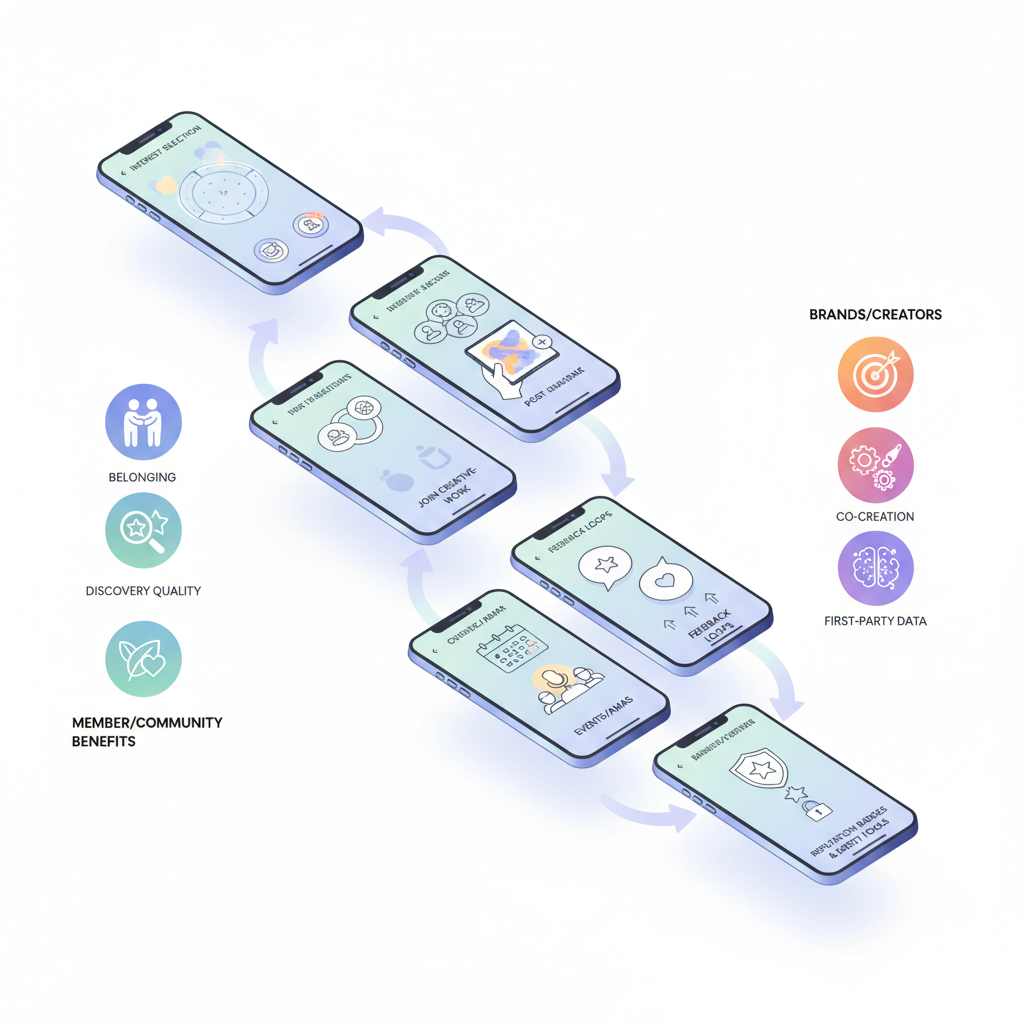
Niche audiences respond well to authenticity and contribution, making sales or promotions more natural.
---
Pitfalls to Avoid
While unique social networks offer many advantages, watch out for:
- Low activity: A small user base can hinder engagement.
- Platform instability: Niche networks may lack resources for long-term sustainability.
- Monetization challenges: Ad revenue models may be minimal.
- Over-specialization: Extremely narrow focus can limit growth opportunities.
- Isolation from broader exposure: Harder to reach larger markets.
Being aware of these risks helps you allocate resources wisely.
---
Future Trends in Alternative Social Networking
The evolution of unique social networks will be influenced by several trends:
- Integration with AI: Improved personalization and content moderation.
- Hybrid models: Combining niche focus with broad platform integration.
- Blockchain-based identity: Enhancing privacy and decentralized control.
- Virtual and augmented reality spaces: Immersive community experiences.
- Sustainability and ethics: Growing demand for platforms with transparent policies.
As audiences diversify and seek authenticity, niche networks are likely to gain more influence in specific verticals.
---
FAQs About Unique Social Networks
What are unique social networks?
They are platforms built for specialized communities, interests, or formats, prioritizing relevance over scale.
Are niche platforms better for brands?
If your audience is concentrated in a niche, these platforms often deliver higher engagement and conversion with less noise.
How do I measure success on a niche network?
Track metrics aligned to your goals: profile visits, saves, replies, collaborations, sign-ups, or local foot traffic—rather than vanity metrics.
Can I use multiple unique social networks?
Yes. Start with one that fits best, then expand strategically to avoid spreading yourself too thin.
---
Summary and Next Steps
Unique social networks provide focused communities, feature-rich formats, and authentic engagement that can outperform mainstream platforms for targeted goals. Identify your niche, select one platform aligned with your strengths, and show up consistently with value-driven content.
Ready to get started? Pick a single unique social network that matches your audience, join today, and commit to 30 days of consistent engagement to validate traction.

